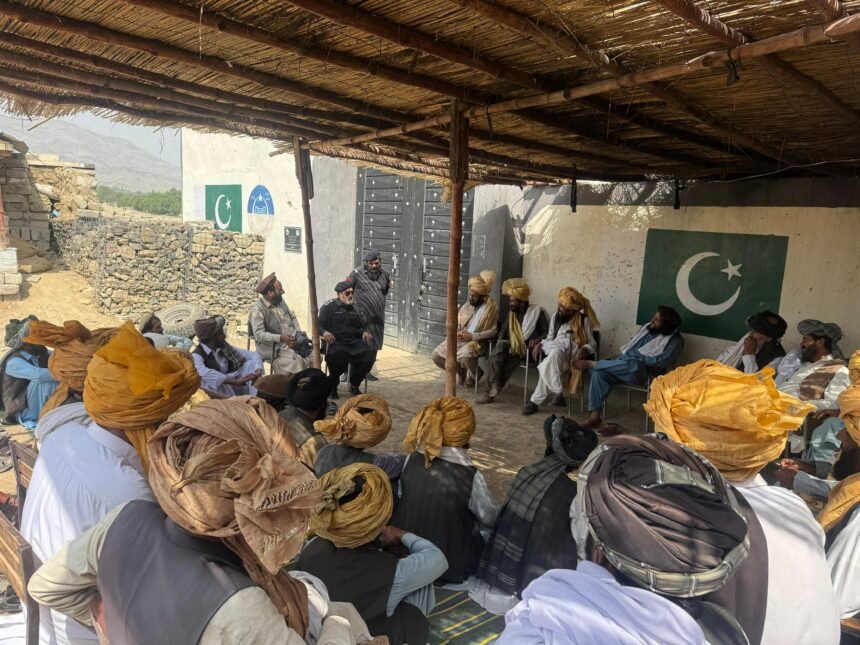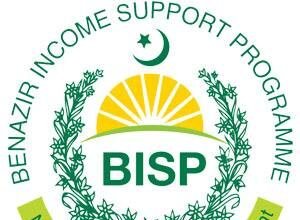By: AK Wazir
A significant tribal jirga was convened on Sunday in the Ghundak area of South Waziristan’s birmal tehsil to address a longstanding land dispute that has fueled tensions between rival groups for years. The Jirga was held at the Azam Warsak Police Station, under the supervision of newly appointed Station House Officer (SHO) Israr Wazir.
Prominent tribal elders from Dari Khel, Ji Khel, and Sarki Khel clans participated in the jirga, engaging in open dialogue in pursuit of a peaceful resolution. The initiative, led by SHO Israr Wazir, is being seen as a major breakthrough toward ending the prolonged conflict.
SHO Israr Wazir told reporters, “The Ghundak land dispute has persisted for many years. We are now seeing a clear path to resolution through traditional tribal mechanisms. I am hopeful that this issue will be settled permanently through this jirga.”
In a confidence-building measure, 33 individuals arrested from both sides just three days ago were released on the directive of the District Police Officer (DPO), Khan Khel significantly easing tensions in the area. Earlier, a violent clash between the parties had left two people dead and more than a dozen injured, drawing widespread concern from local communities.
SHO Israr Wazir emphasized the importance of traditional tribal systems in addressing such sensitive matters. “Disputes over land, especially in tribal areas, can only be resolved sustainably through jirgas — not through force or armed confrontations,” he remarked.
Since his recent posting at Azam Warsak Police Station, SHO Israr Wazir has made notable strides in bridging the gap between the police, tribal elders, and the disputing factions. His efforts in mediation and continuous engagement have earned him praise from local notables, who commended his dedication and leadership in restoring peace.
Police sources confirmed that both parties expressed satisfaction with the proceedings and showed willingness to resolve the issue amicably under the leadership of SHO Israr Wazir.
This jirga, held under the officer’s guidance, is being viewed not only as a critical step toward resolving a major dispute, but also as a symbol of renewed trust between the tribal population and local law enforcement.










